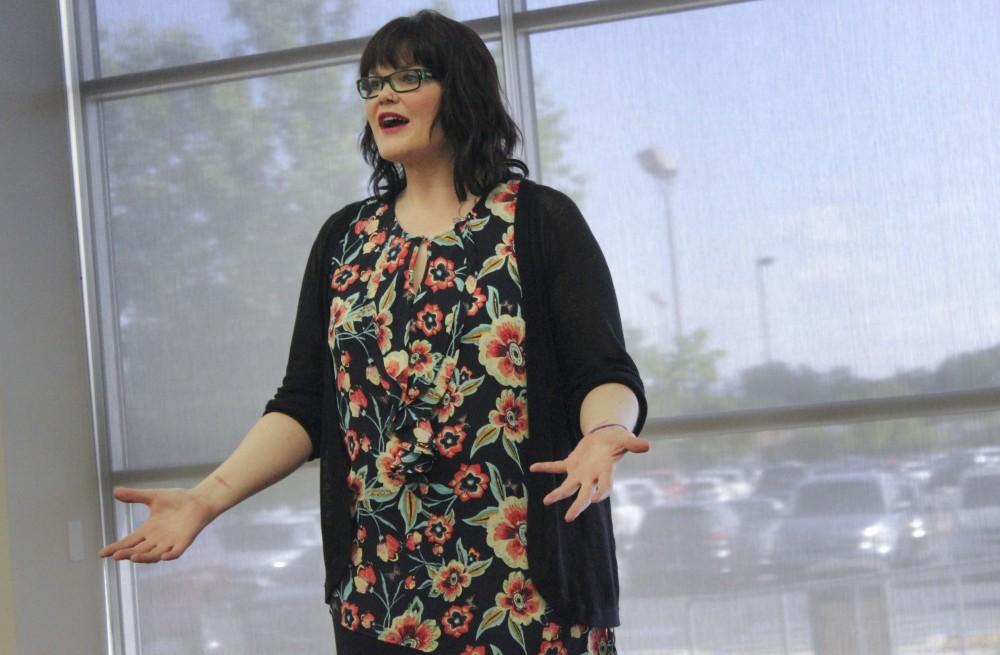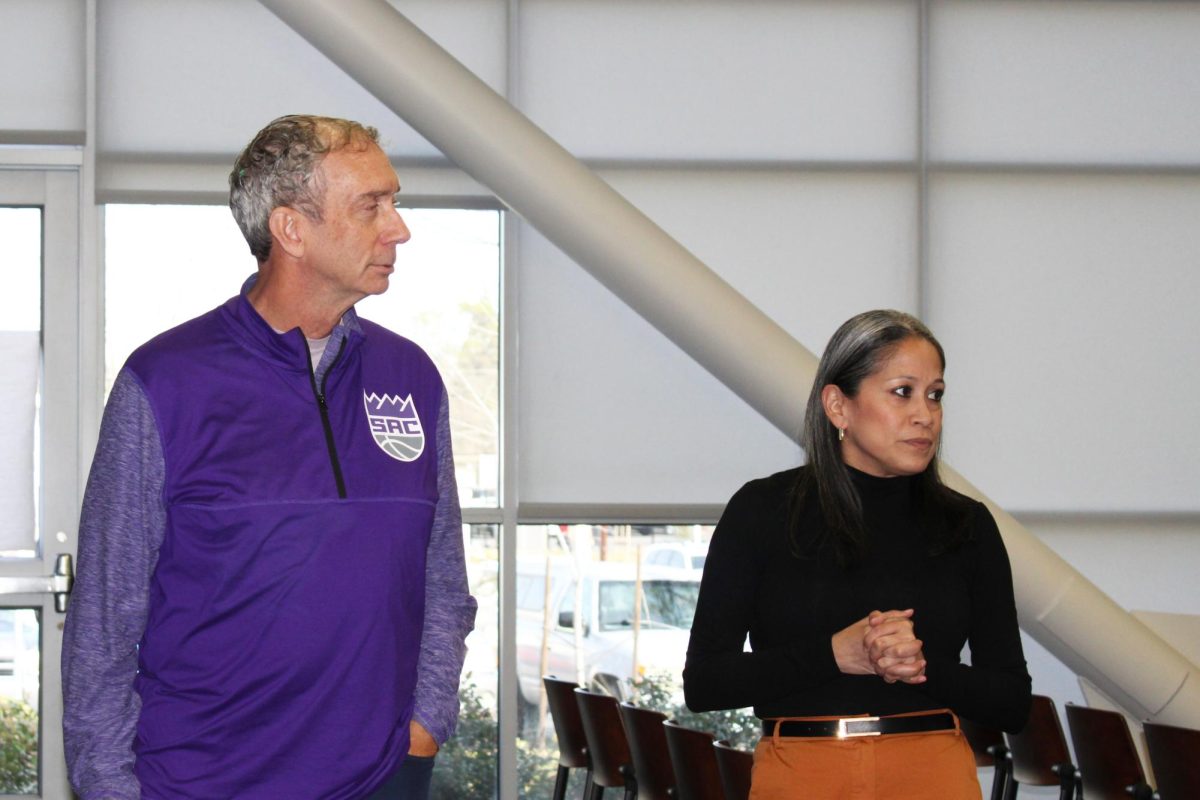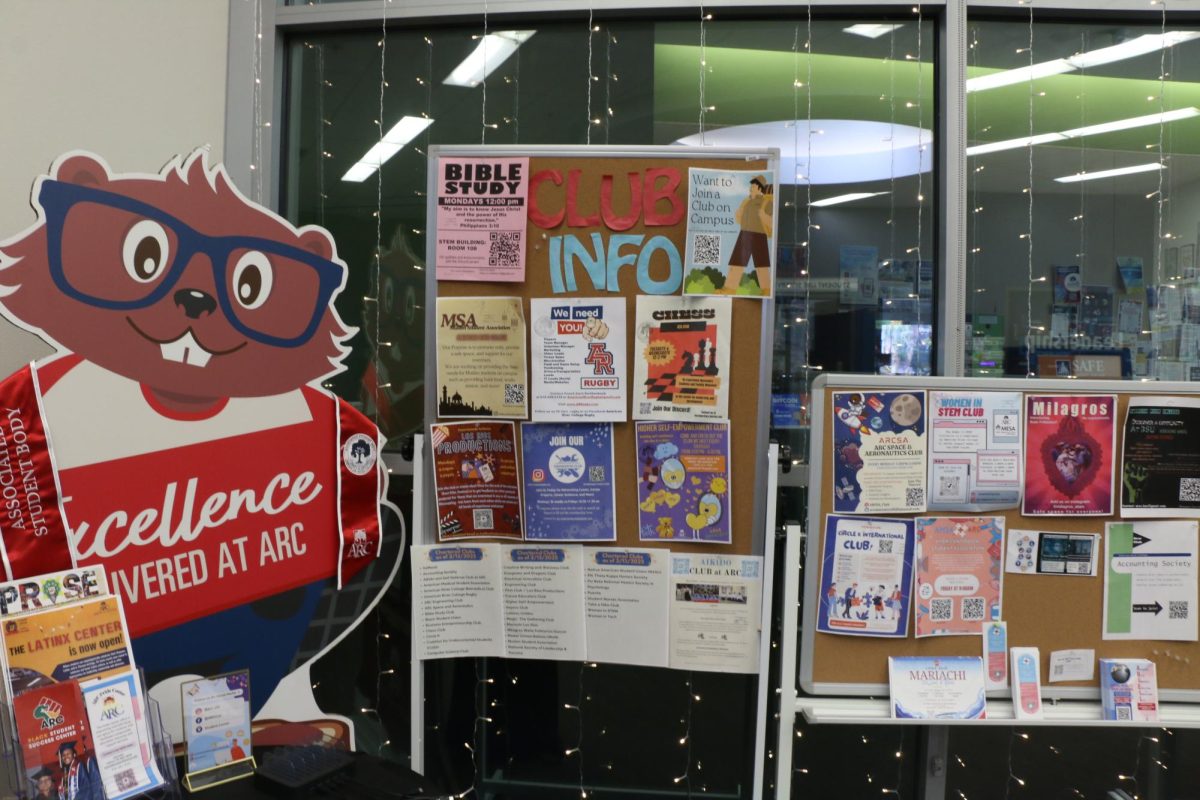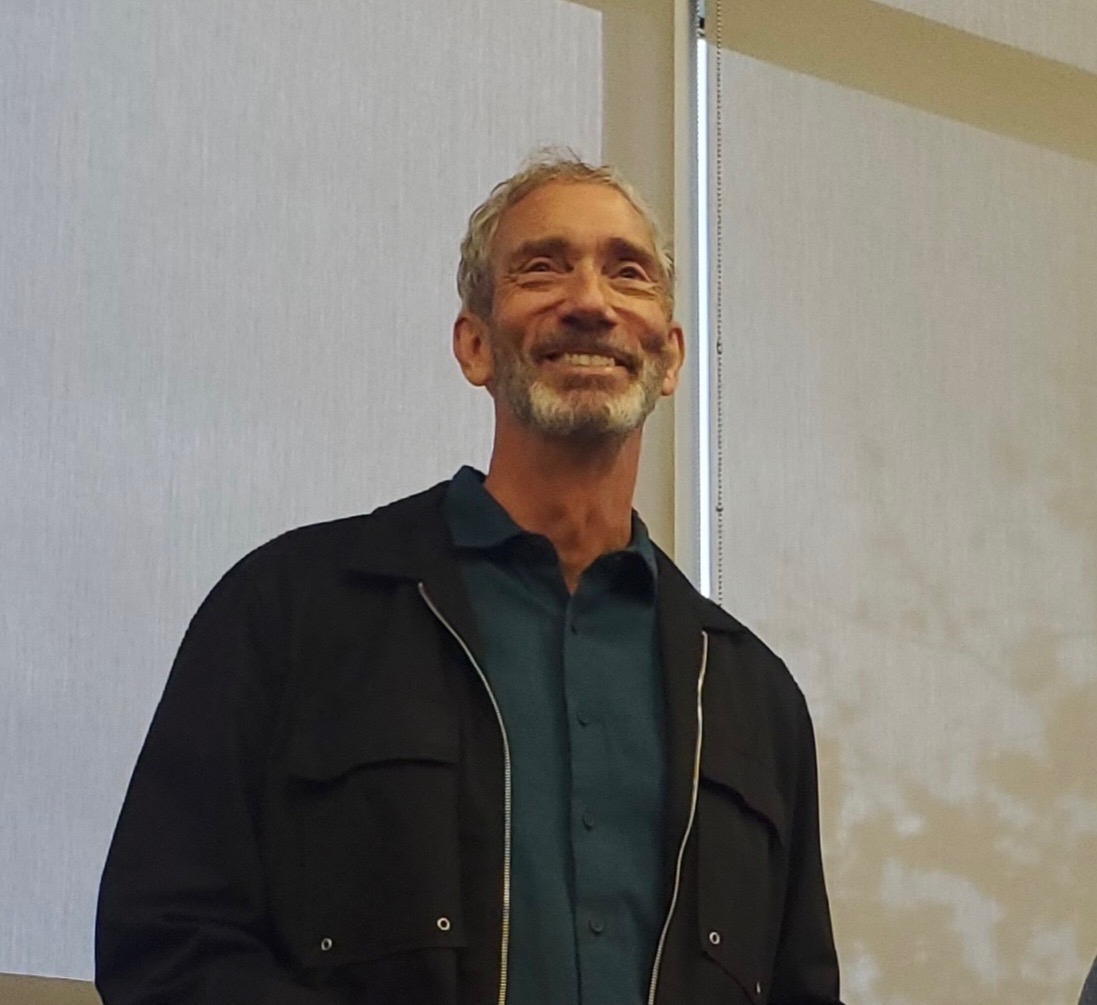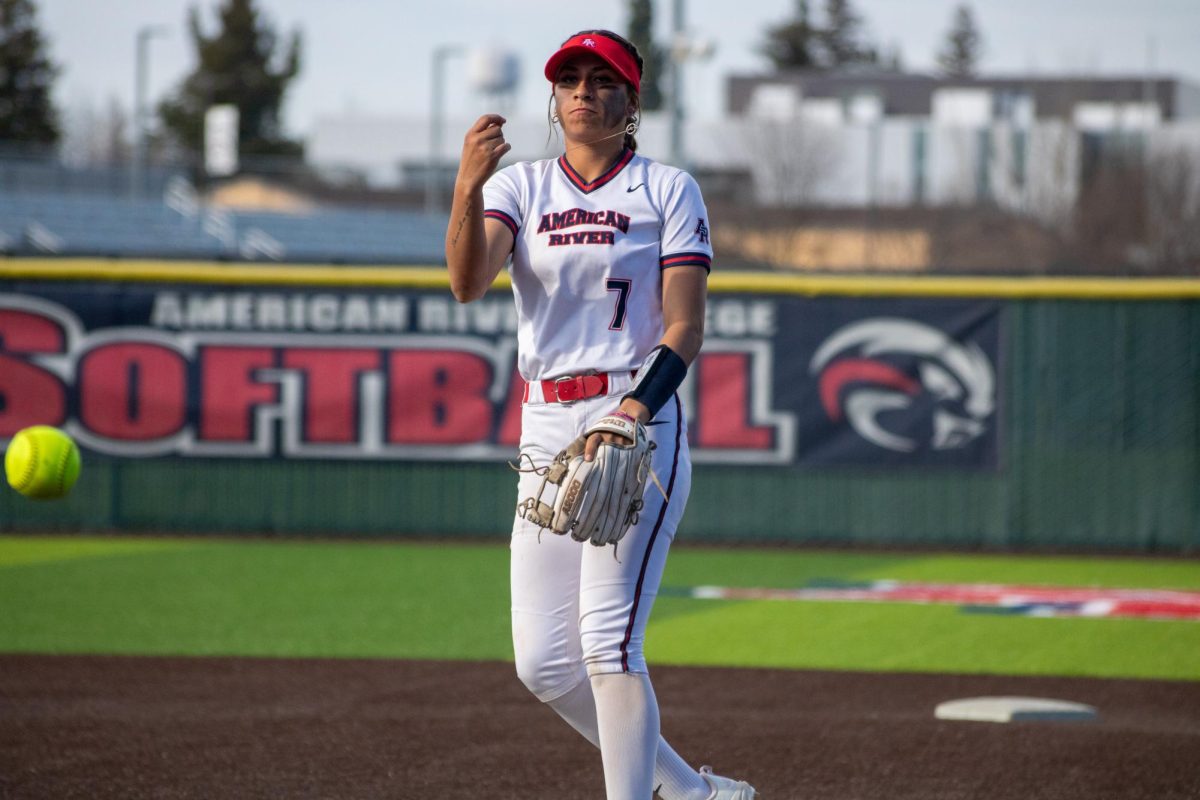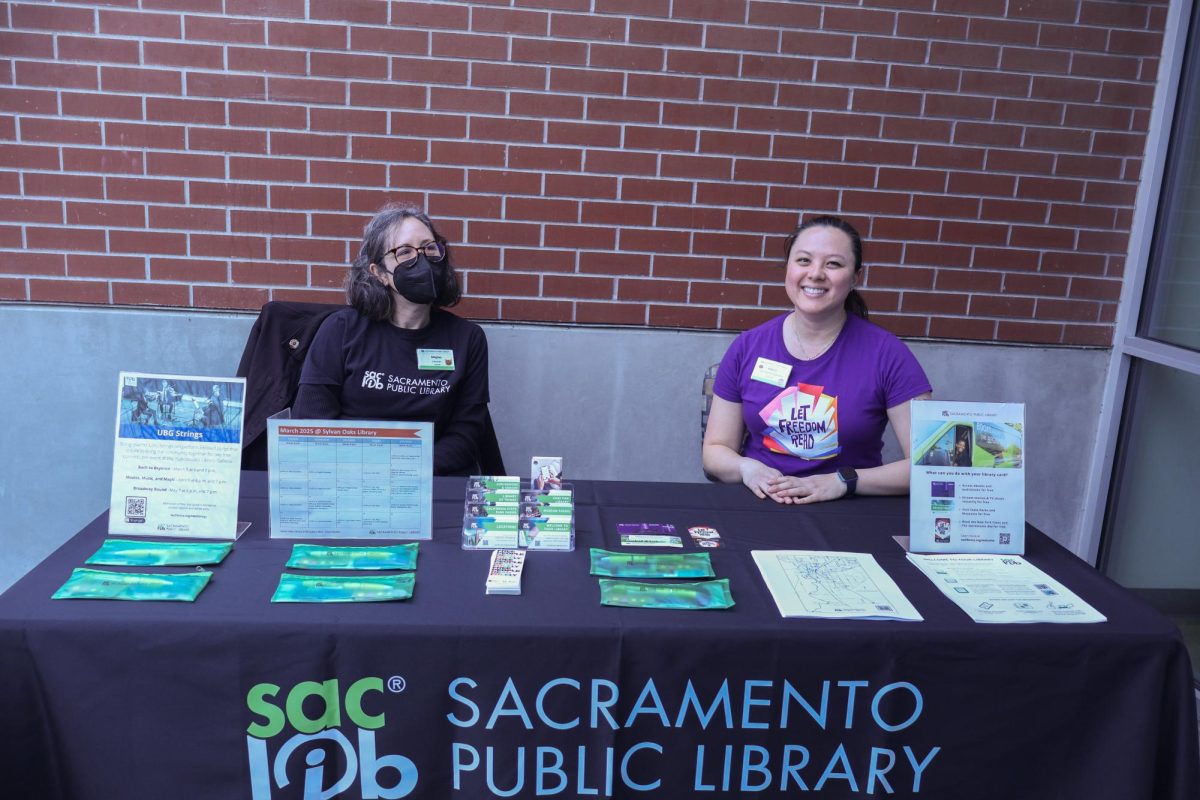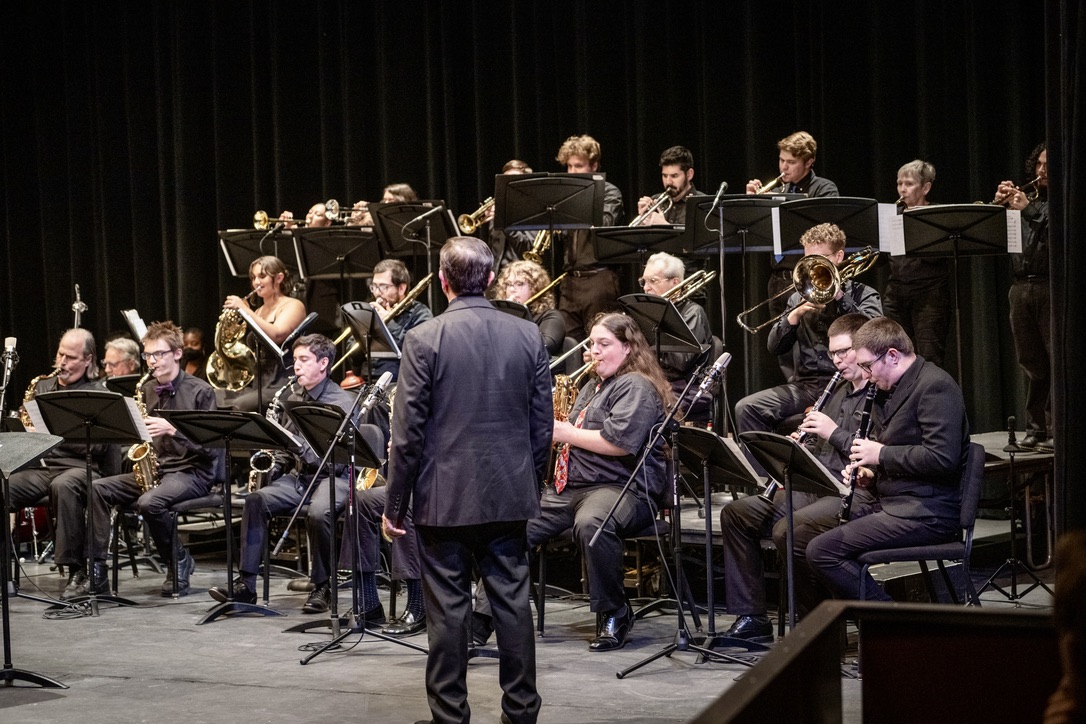For Barbie Paget, becoming a holistic nutritional expert was just as much for herself as it was for anyone else.
She attended the Southwestern Institute of Holistic Learning (SIHL) after having a doctor tell her that she was overweight.
“(He said) ‘You’re too fat to hold yourself up’” said Paget. “That wasn’t very nice, it was hard to hear.”
Paget, who grew up primarily in the agricultural centers of San Jose and Gilroy, California before moving to Milwaukee, believes the weight gain was a side effect of a drastically changed environment.
“I grew up playing outside all day, eating whatever off the bushes.” said Paget of her childhood in California. “Then we moved, and … Missouri is hot and humid, and you don’t want to go outside.”
Beginning to eat to “feel better,” Paget soon gained weight that she wouldn’t lose until that fateful doctor’s appointment.
At that point, she knew she had to make a change, quickly.
Starting the Weight Watchers program, Paget soon started tracking everything, making sure “I did the math, that it all added up perfectly,” and lost over 100 pounds.
She also began reading studies that told her it was likely she would gain it back.
“Follow the logic: if you lose your keys, you’ll look for them, if you lose your dog, you’ll look for it. If you’re losing weight, are you gonna look for it? Probably not, but you’re gonna find it.” said Paget.
She became focused on keeping the weight off through extreme fitness, teaching 8-10 spin classes a week and running half-marathons at every opportunity.
A sudden family tragedy sent her across the country, from Milwaukee to Seattle.
Going from her rigorous fitness routine to a relatively slow-paced life, Paget gained back almost half of the weight she’d lost.
Realizing that if she was having this problem, other probably had as well, she made the decision to attend SIHL remotely.
“I went and studied not only food, but how the mind and body can work together … for nutritional success.”
Today, Paget works as a nutritional consultant, life coach, and motivational speaker.
For some, Paget’s real-world approach to topics that can traditionally fall into a more metaphysical category is an attractive quality.
“I’m the kind of person, where if you start telling me my vibe is off, or swinging a million crystals, I’m turned off,” said Heather Parker, who formerly worked with Paget. “The way she talks about it (mindfulness) works for a normal person … you don’t need to light 700 candles.”
Paget’s ability to be “normal” and willingness to share her story, even the more personal aspects, allows those she shares it with to gain a new perspective.
“She just put it all out there,” said Mauricea Vale, a Human Services major at American River College, where Paget spoke recently. “She didn’t try to pretend it (her life) was better than it was.”
Not pretending things are what they aren’t is something Paget also focuses on with clients.
For those focusing on food, she approaches with a “love what you love” mentality, encouraging people to not deprive themselves, but to instead enjoy mindfully.
In the end, Paget says it’s about asking yourself “Who do I want to be? What kind of person?” and using that to springboard yourself into “healthier, happier habits”.


